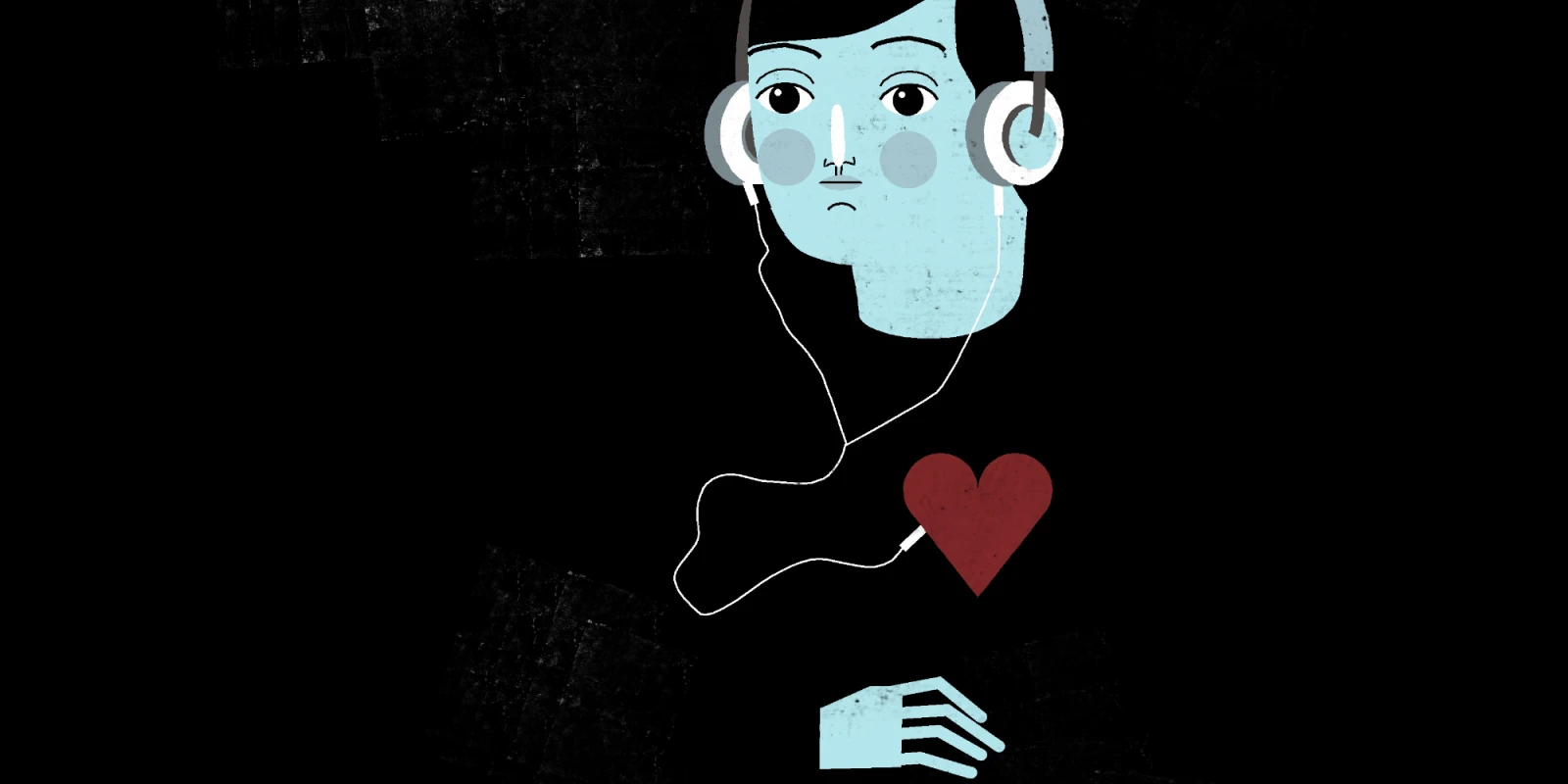
My grandfather’s face pops up on the phone screen. Mom and I are FaceTiming my uncle, who sits next to my grandfather in the hospital bed. It is morning here, nighttime there. At 94, his face is sallow and thin; he looks so weak and frail. I almost want to look away; I do not want any of them to see me crying.
A memory surfaces to my mind. I see my grandfather telling me to eat another scoop of mint chocolate chip. We are in a restaurant, just the two of us. While my mom and grandma head out to a social gathering, we are slurping tagliatelle noodles and downing spoonfuls of ice cream. He laughs and smiles, telling me to go ahead, eat another scoop, there is plenty more… I’m 13 in this memory and had yet to start high school.
Eleven years later, I’m finishing up my third year of medical school, and my grandfather’s heart is not working as well anymore. As I write this, he is currently in the hospital in the Philippines, admitted for atrial-fibrillation and heart failure.
I have not been back to my mother’s homeland since many years ago. Thousands of miles away, the distance is nearly palpable. It is hard to be so far from family members, particularly when they are going through illness. I do not know how long his heart will last; just thinking about it grieves my own, too. For now, I will think about what his heart — his values, his words of wisdom — taught me.
How he had fought through World War II in the mountains of Luzon. How, despite not having a college degree due to the war, he still managed to gradually become a successful businessman, buying and selling land. Throughout his career and retirement, he gave just as much as he had made, donating land and building churches for the underserved and marginalized. A generous employer, a community-centered entrepreneur. Most of all, a kind father, and a grandfather who would come to visit us in America back when his health was strong. Even now, he is a great-grandfather. Perseverance. Generosity. Courage. These are some of the traits that define him.
His words echo in my mind, too. He would always tell us, “Lakasan ang loob mo.” Strengthen your innards, your heart. Now, when I auscultate hearts with my stethoscope, I remember the words of my grandfather. Lakasan ang loob mo.
My grandfather’s ailing heart has also taught me to never take anything for granted.
Take a moment to feel your pulse. Two fingers to the radial side of your wrist. Can you feel the blood flowing, like a drum to a rhythm? Your heart beats and beats without you consciously having to tell it what to do. Take a moment to take a deep breath. In and out. Again, once more. Do we pause to stop and appreciate these things? I know I haven’t as much as I should.
Throughout my third year rotations, every person I have met, every patient, has taught me to give thanks for all things. To be young with good health is both a blessing and a responsibility. A responsibility to my patients to use whatever I have, whatever health I have, for their good. To get up in the morning and begin each day with gratitude, with hope, with a motivation and desire to help whoever walks through the clinic. Perhaps one day I would want a kind and compassionate medical student to take the time to listen to the beat of my own heart, too.
Though my grandfather’s heart may be failing, I know that his life has impacted many people beyond our own family. For now, until the next time I see him, I will keep his words close to my heart. And every time I listen to the beat of someone else’s heart, I will remember to not take mine for granted.
Anna Delamerced is a medical student at the Warren Alpert Medical School of Brown University. Born and raised in Cincinnati, Ohio, she enjoys exploring the crossroads of writing and medicine, and listening to patients tell their stories. Anna is also a 2018–2019 Doximity Author.






